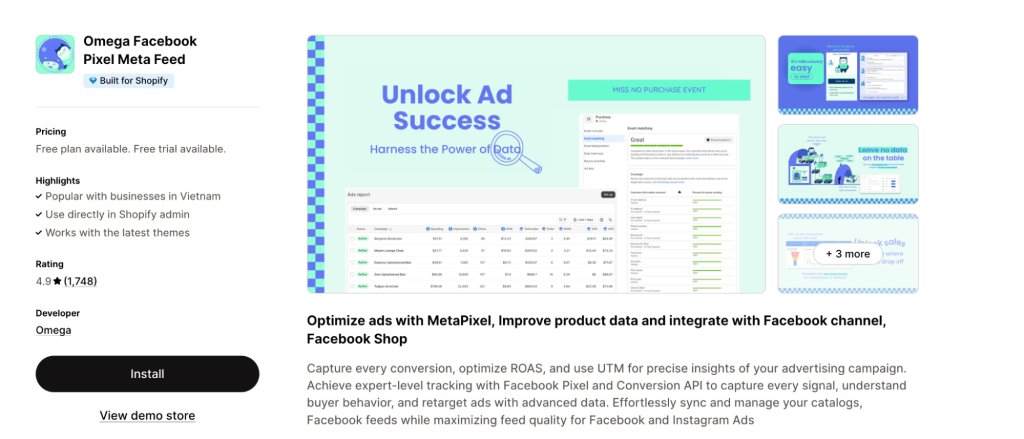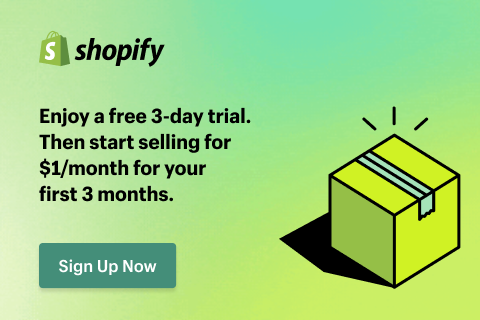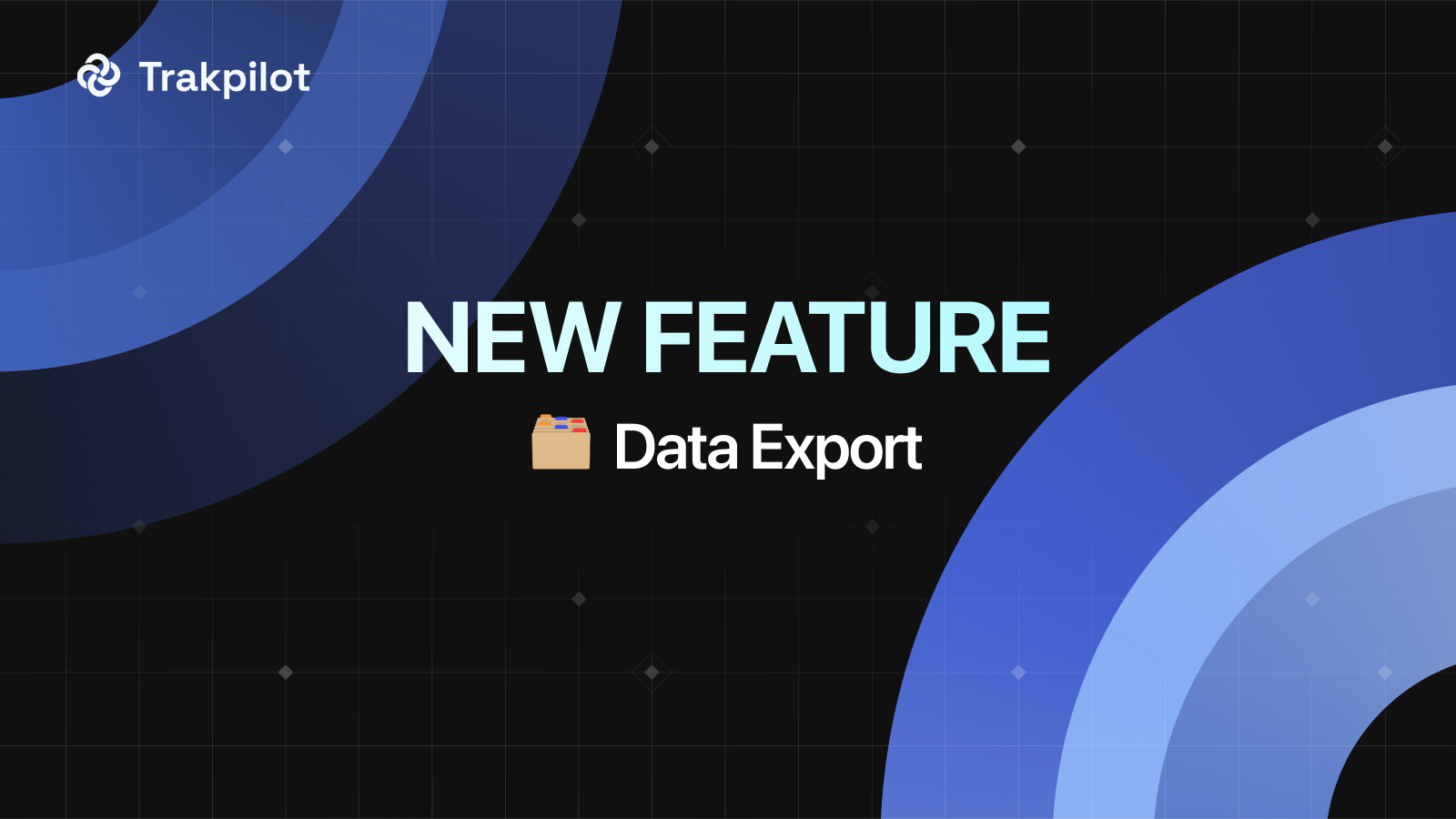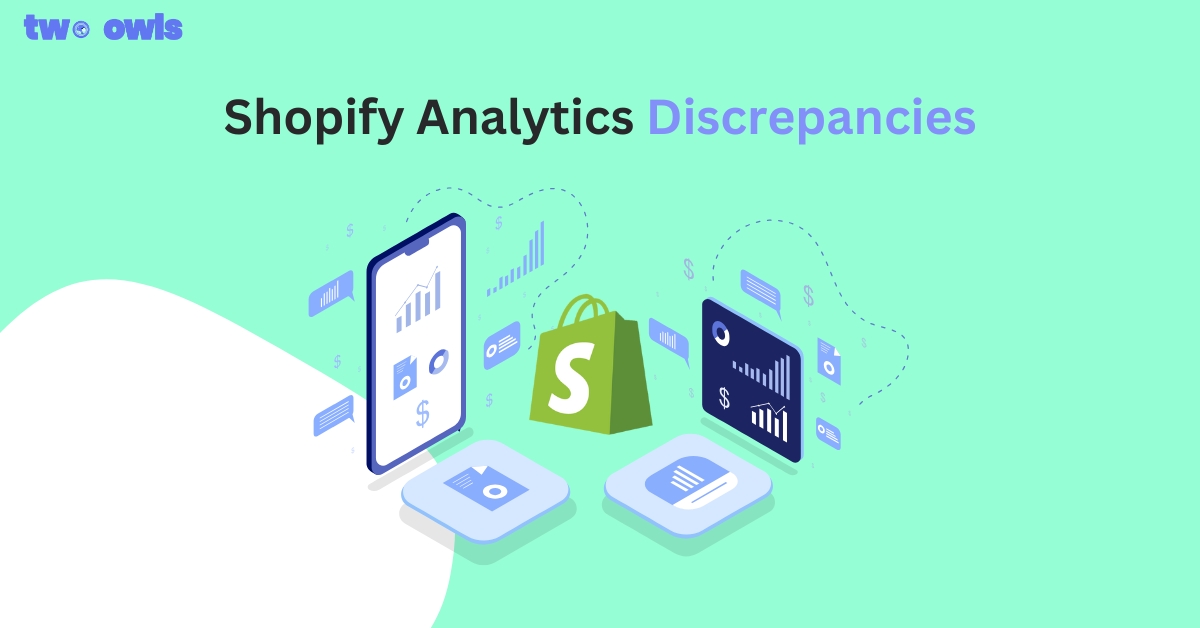Conversion API vs Facebook Pixel: Which one to choose?
Running advertisements on Facebook to get real customers, and sales is a challenging task. Trust us, we have seen several businesses having good products, yet waste enormous amounts of money on Facebook ads and getting nowhere.
That is when Facebook Pixel and Facebook Conversion API (CAPI) come to the rescue. With one of those two, you are able to track the performance of the ads and optimize them based on the data.
And the question now is what to use. Of course, nobody wants to spend effort on things that do not work, right?
So, let’s dive deeper into the differences between Facebook Pixel and Facebook CAPI, and identify which one to use (or both).
Understanding Conversions API vs Facebook Pixel
What is Facebook (Meta) Pixel?
In Layman’s terms, Facebook Pixel (or Meta Pixel) is just some lines of code which can be added to your website.
Obviously, we will not go into the technical details here.
With Facebook Pixel, you are able to see what visitors do on your site such as going to a specific page, adding items to the cart, and so much more. After that, this kind of data will be reported back to Facebook to display the ads’ performance, curate more precise target audiences and track conversions.
To put it simply, Facebook Pixel is your key to money since you know where to optimize the ads, who to target, which area of the website to improve, etc.
That being said, it still contains some weak points.
Setting up Facebook Pixel is kinda hard in case you are not familiar with it. Another thing is the ad blockers as they prevent data from being collected. And the last thing relates to ethics, specifically data privacy.
What is Facebook Conversions API?
Facebook CAPI a.k.a Facebook Conversion API is a tool also used to track the actions of customers like Facebook Pixel.
However, Facebook CAPI takes it even to a new level by monitoring even offline events like phone calls or purchases in stores. Additionally, you have more control over data being sent to Facebook like choosing specific actions as well as the sending frequencies.
Everything has its own weaknesses and Facebook CAPI is not an exception though.
If you are planning to adopt Facebook CAPI, prepare to face a range of technical obstacles that are harder to solve than Facebook Pixel.
Differences between Facebook Pixel and Conversion API
| Features | Facebook Pixel | Facebook Conversion API |
|---|---|---|
| Data collection | Browser-based | Server-side |
| Data accuracy | Less accurate | More accurate |
| Data control | Limited | Wider |
| Offline event | No | Yes |
| Complexity | Less | More |
| Set-up process | Easy to moderate | Hard |
| Supported by Shopify | Yes | No |
| Cost | Free | Around $7/ month |
| Privacy | Less compliant | More compliant |
So, what do you see from this table and do you have your decision?
Hold on, before that, let us give you some advice.
Facebook Conversions API vs Facebook Pixel: Which one to choose?
As you can see, Facebook Conversion API clearly offers more data which means more things to play with and more resources to develop. Also, its accuracy is improved since tools like ad blockers are ignored throughout the journey.
Uhm, does that mean you should go with Conversion API? And why do people still use Facebook Pixel in that case?
Facebook Pixel is easy to use, provides enough information and it supports more platforms, notably Shopify. Thus, it proves to be more beneficial for small businesses with less budgets as well as lower technical expertise.
If you want to have a grasp of how to leverage Facebook Pixel, we have got you covered.
Nevertheless, in the end, our recommendation is to use both tools simultaneously and combine the data from them to see every detail of your advertisements.
Regardless of your business size, mixing both Facebook Pixel and Conversion API to do the ads tracking and optimization will get you closer to the moon than ever.
Why Don’t You Use Two Owls - Omega Pixels?
Yes, we talked about utilizing both Facebook Pixel and Facebook CAPI, but as you can see, not everyone can set them up properly.
It is also not wise to hire a technical expert to help you since that might cost you a lot.
Then, what are you gonna do? Screaming? Asking for help everywhere? Trying to do the technical part by yourself even knowing that it does not only take lots of time and effort, but also has a high chance of failure?
No, no, and no. We are here to save you your time and money (a lot).
With just some clicks and a few bucks, you are gonna have world-class reports of your ads, believe us.
Tips and Tricks for using Meta Pixel and Conversion API
It won’t hurt to know some tips to use Facebook Pixel and Conversion API, right? At the end of the day, they might even help you earn extra cash or make your life easier.
- To know what does best for your business, test different ad campaigns and then use the data collected to identify the optimal one.
- Always focus on measuring the right events. No one wants to make bad decisions or waste time.
- Creating custom events will casually help evaluate some specific actions, thus showing a bigger picture.
- Facebook Pixel does really well in remarketing, so remember to use advanced matching to turn past visitors into real buyers.
- Utilize the data from Pixel to create audiences that share similar traits with previous customers for your next advertisements.
- Yeah, last but not least, use Two Owls and say bye-bye to the headaches when dealing with Facebook Pixel and Conversion API forever.
Final Thoughts
After knowing the basics of both Facebook Pixel and Conversion API along with their differences, it is recommended to use them parallelly to yield the best results. Can you utilize those powerful datasets to get customers effortlessly and deliver your wonderful solutions to the right people? Of course, with the help of Omega Facebook Pixels. We are here to turn you into a Facebook ads pro in 2 minutes.




